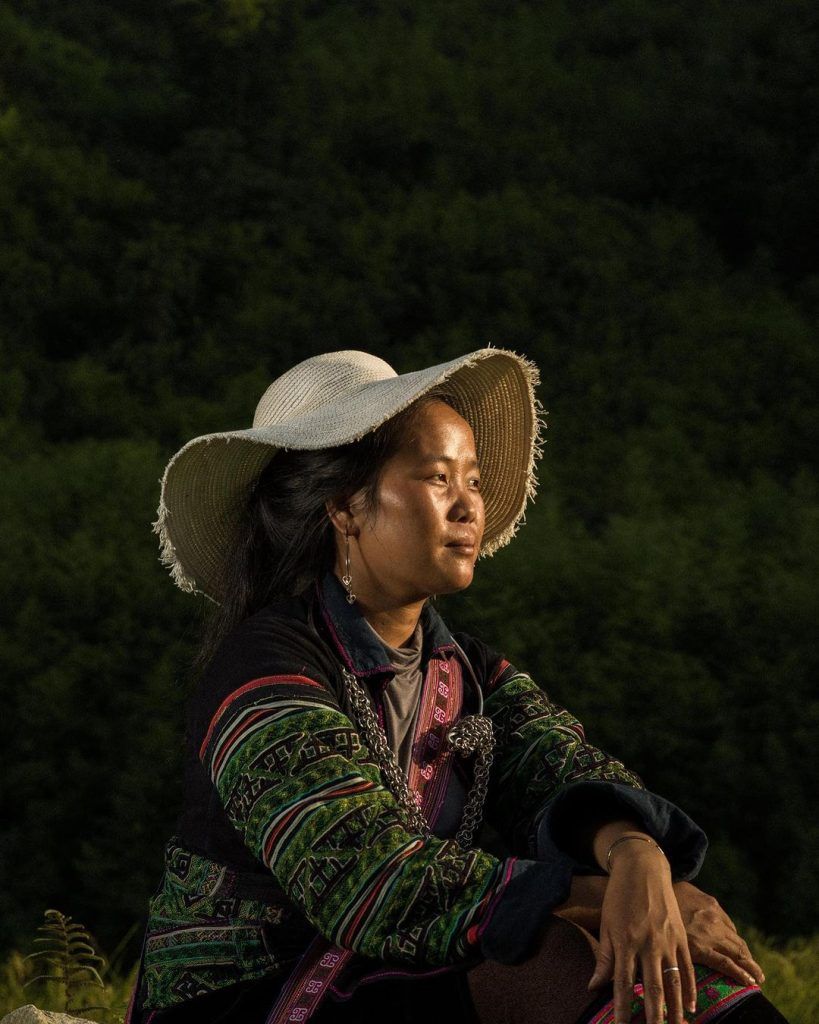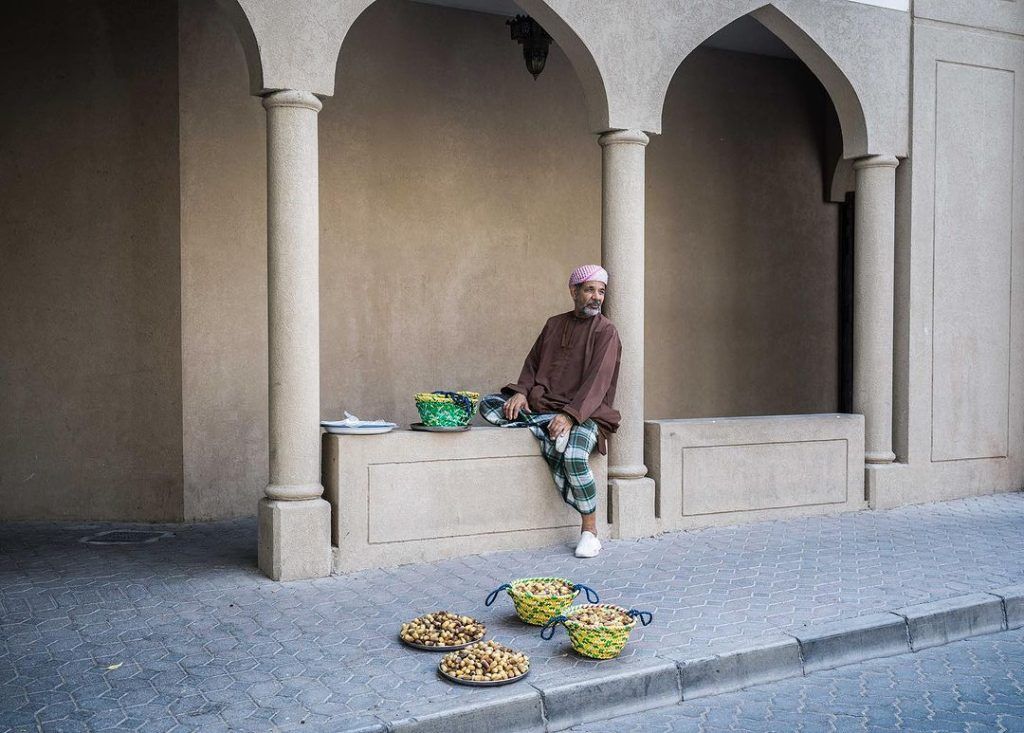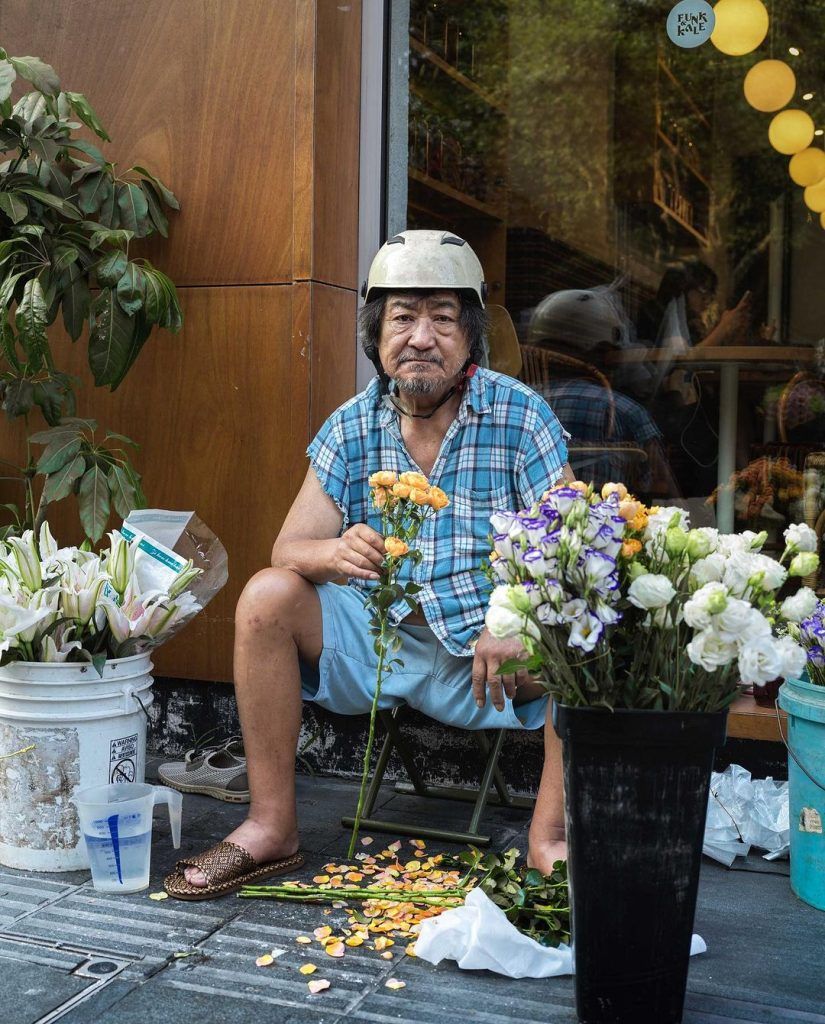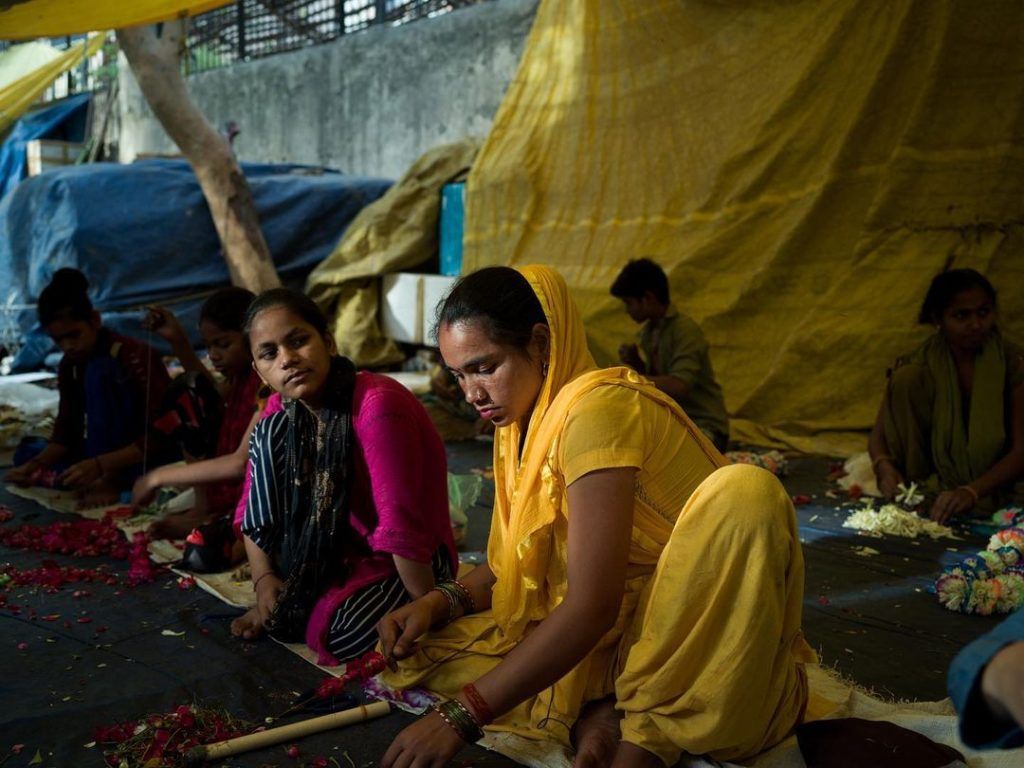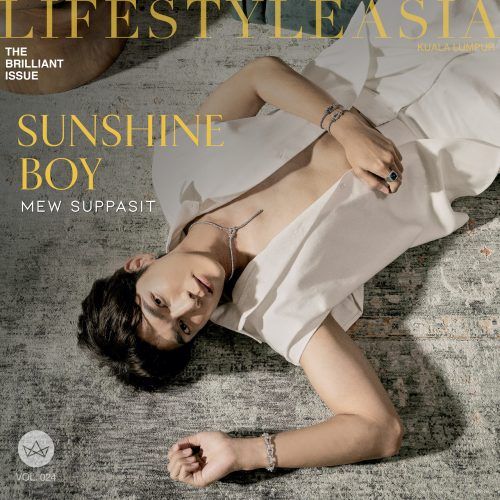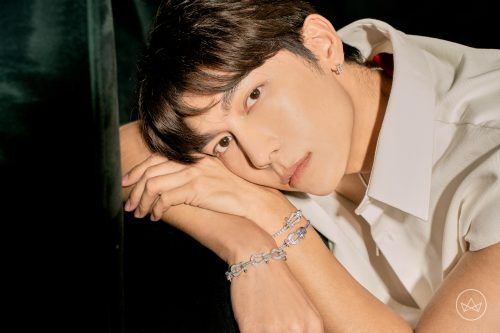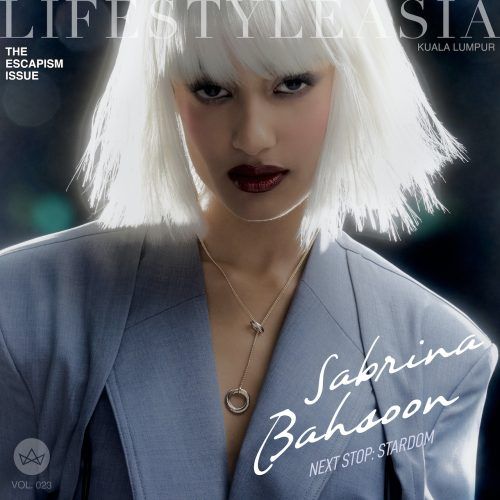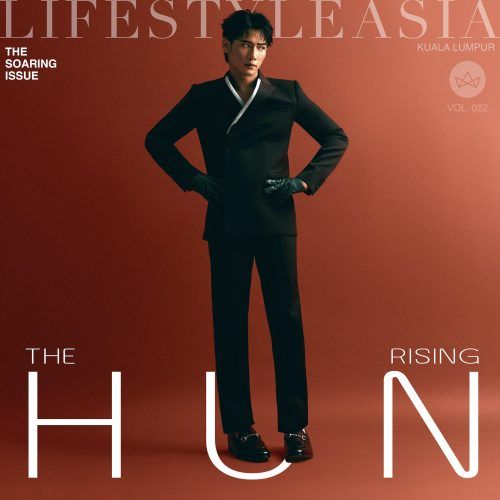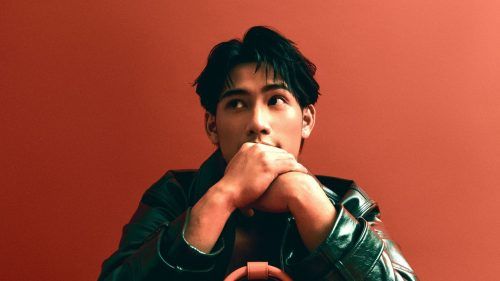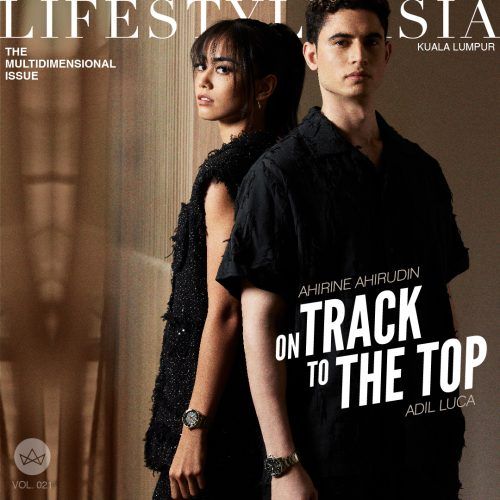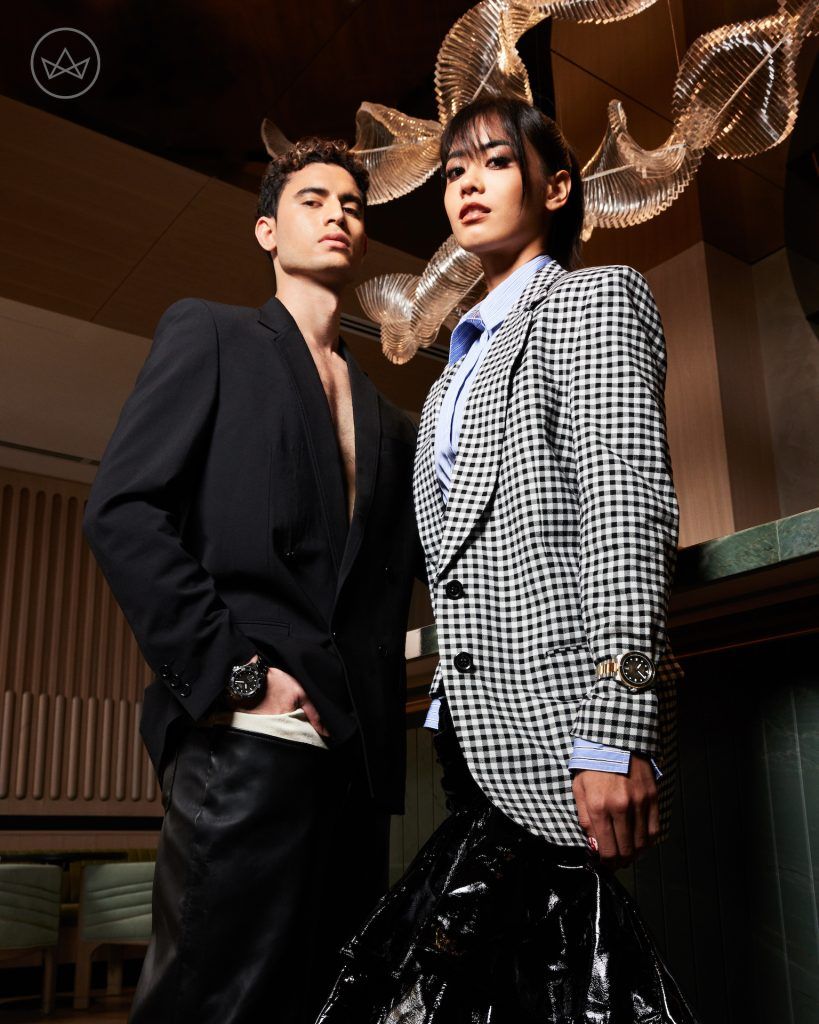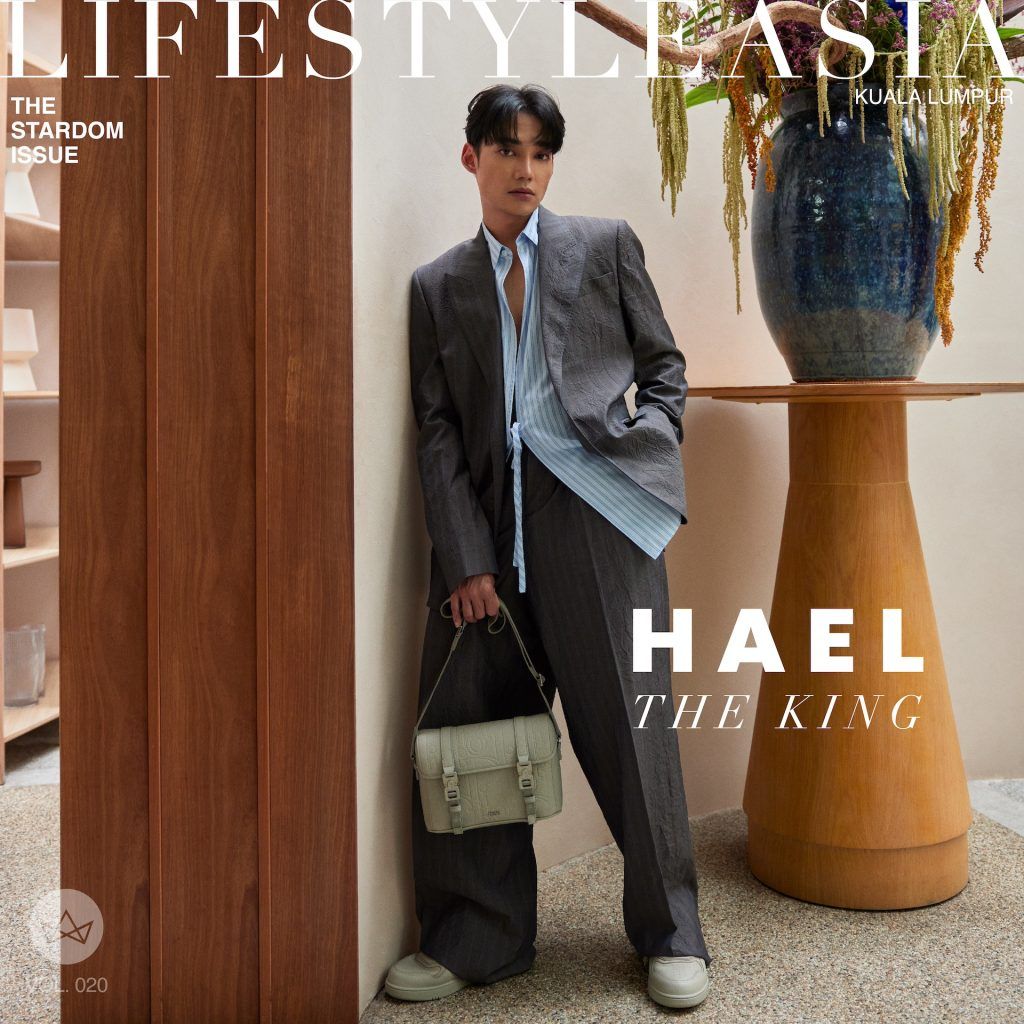Prestine Davekhaw’s mission is simple: to bring people closer to the truth. Whether it’s through Disappearing Jobs, her pet project turned full-time career; or her page MalaysianPAYGAP, advocating for wage transparency, Prestine is a refreshing voice of radical change.
If you haven’t yet been seized by MalaysianPAYGAP — the rapid-fire, ‘Man-on-the-Street’ interviews that start with a coy, “Hi, what do you do for a living?” — then you’re probably in luck. In just under thirty seconds, the world would be privy to your job, your position in society and, of course, the biggest taboo of all: your salary. And whatever you’ve shared would be collected as a piece of data; a part of a much larger picture to uncover… well, essentially, what you’re worth.
When she first created the now-viral page, Prestine Davekhaw didn’t advocate for pay transparency so much as she stumbled into it. At the time, she was a budding photographer returning home from the US to pursue it as a full-time job. Unsure about the ‘market rate’ salary, she sought answers — only to find that as soon as she brought up the topic, the average Malaysian would clam up. Thus began Prestine’s road map to lay it all bare and push towards a more open discussion about pay equity. Curiosity breeds creativity, and Prestine relies on her very own powers of deductive genius (less Batman, more Nancy Drew — especially with her spite and her spirit).

“Did you know that there’s actually no such law in Malaysia that says you can’t discuss your salary?” Prestine blurts before we dive any deeper — I catch the fervour in her voice. “So, it’s really all just taboo! It’s just the way our culture works.”
Prestine’s disarmingly frank attitude is apparent throughout our shoot. She’s open to try just about any pose at our command. She’s got an oversized blazer loosely draped over a black La Senza bustier, a rather risqué picture as she arches her back, confident for the camera. She’s remarkably candid about herself after (“Oh, that’s not a face you want to see in the bedroom!”). And once she’s resolved to achieve the perfect shot, nothing can stop Prestine — not even our calls for a break in between.
Perhaps it’s this same drive that ultimately encouraged her to break through the barriers of pay transparency and disrupt the status quo, so to speak. It’s extremely uncomfortable to be so honest, and Prestine asks: but why should it be? Even as a photographer, she seeks to capture the complex. Her introspective studies and self-effacing standpoint on Disappearing Jobs set her apart from the others. What began as a passion project gradually grew into Prestine’s one true calling in life, in the span of just a few years. Today, she travels across various regions, striving to shed light on everyday jobs that go unnoticed and before they are one day replaced, by either technology or cultural shifts — and these include gravediggers, milliners, mattress fluffers, and even noodle makers.
Here, Prestine pulls her phone out and presents her portfolio to me. “I’m very proud of it,” she beams, “because it’s so many years in the making.”
At once, her style jumps out at me from the screen: it is storytelling in the form of photography; a gritty look at urban life through all sorts of professions. It’s a gift to be able to see beauty in the mundane, and Prestine certainly has it. And thus, seated in conversation, she opens up about her journey from the beginning, juggling two lives, and what she hopes for the future when it comes to revealing the truth.
You mentioned earlier during the shoot that you have “two personalities” in you — the photographer with Disappearing Jobs, and another MalaysianPAYGAP. Tell us about them. How did you make the shift from one to the other?
I always have so many things going on at once! I did a double major for my bachelor’s degree. Most of my background is actually in environmental science and sustainability, but I never worked in that [field]. As soon as I graduated, I went straight into photography. I worked for lifestyle and fashion brands for a few years, but then I realised I was a bit too ‘smart’ for that. (Laughs) I just wanted to do something else. I’ve been interested in the media since I was very young. I always think that media should be better used for a good purpose like education or advocating for certain missions — not just entertainment. I remember the exact point when I realised I shouldn’t be just a photographer anymore, because, it’s like, ‘Yes, I’m shooting beautiful things. But what else can I do?’ I haven’t had that breakthrough moment yet. I was stuck in that zone.
Things changed during COVID-19. I stopped getting photography jobs from overseas, and it was the first time I was faced with the local market. I remember emailing some local fashion brands, hoping to get some opportunities going. And they asked me, “What is your pricing?” I knew that I couldn’t apply Chinese or American pricing in the local market. I talked to local photographers that I knew, and none of them wanted to share with me their price! It was very weird for me, because I was asking it out of respect. I wanted to make sure we were matching in price. I didn’t want to drop it too low or too high — it could give a very bad impression about photographers. But they didn’t see it this way. It was this critical moment when I realised that, you know, something had to be done. It seemed like a taboo to talk about this, so it gave birth to MalaysianPAYGAP. At that point, all I wanted to do was make sure that [the other photographers] told me how much they were earning. (Laughs) That was my goal. It’s, like, super simple, and then somehow it just blew out of proportion. In the end, they did send in their salary — I never revealed that I was the person behind it. So, mission achieved!
That’s so interesting! And who would’ve thought that MalaysianPAYGAP would grow into something as big as it is now, right?
Yeah! I don’t know what gave me the courage, but I guess it’s seeing how when I imagined something, and I acted on it — it happened. And people do interact with it. That’s when I realised that it’s sort of like the law of the universe. You know, somebody could have imagined that we need to have a bottle that contains hairspray, and they created it. It’s not just a regular product — it’s somebody’s determination, and hope, and belief to take an action and to make it come true. And that’s what I learned, especially with Disappearing Jobs. It’s like I’m fulfilling my childhood dream by using photography for a better purpose. It’s not photojournalism per se, because I’m not covering news. But I’m covering people’s stories.
After MalaysianPAYGAP, I decided I didn’t want to hide behind the scenes and have people hire me based on referrals. I wanted to create my own space, to define photography in my own way. I never expected that people would pay attention, but somehow they did! And it’s going pretty good. I find that there’s so much beauty in just putting my work out there, sort of forcing them to look at the subject and the story that I found and loved. And maybe they can find appreciation for that, too. I remember there was one time, a laksa seller in Penang told me, “Oh my god, I’ve been following your page for one year! I love your work!” And I was so surprised! That was super cool. Because I always thought, like, if you look at my photography work, I would never become a local favourite. Because it’s not the typical photography style; I could never do that. I really love to break rules.
How would you describe what you do on Disappearing Jobs?
There were a lot of missing ‘gaps’ during my twenties. There was a lot of confusion, and so I only focused my energy on making money. And Disappearing Jobs came around when I realised that the subjects that attracted my eyes most were all very particular jobs. Jobs that people don’t pay attention to. Or jobs that people think, “Oh, it’s nothing. They’re just farmers. They’re cleaners and gravediggers, so why should I even look at them?” But somehow they appeal to me. And that’s when I realised there’s actually a trend to it — these jobs are being looked down on because they are highly replaceable. And through MalaysianPAYGAP, having read so many messages from people, I learned that a lot of them are not happy because they’re not being respected. Their dignity is not there in their job. And it got to me. If I could use photography to make an already beautiful model even more beautiful, then I should use this ability to make ordinary people more dignified, more respectable and more beautiful.
View this post on Instagram
That’s really noble. And you’re right, it is really disruptive in its own way.
I’m really grateful for when I was lost in my twenties. (Laughs) You know, when you have nothing else to do, right? You have your dreams, but then you don’t know where to ‘find’ them.
You’re a full-time photographer right now, and you mentioned a double major earlier. What did you study alongside environmental science? Was it during this time that you developed your love for photography, which then led to Disappearing Jobs?
I did advertising and PR, environmental science for my double major, and film as well as sustainability for my minors. I also did sustainability for my masters. I loved it! I actually started an environmental page, Good Choice Good Planet. I created every visual, it was my mini project as, like, a fun way to educate people about the environment. But I stopped doing that. And as for how my photography journey started, well, it’s actually kind of a sad story.
I was very, very broke in Chicago. I was studying and I didn’t want to receive money from my mum to pay off my tuition fees. After one year, I decided to tell her not to send me a single cent, and that I didn’t need any more money from her. And my tuition fees back then were $12,000 every three months. So, I worked many different odd jobs, you know. (Laughs) And there was one point where I had to pay my rent — it was $900, and I didn’t have that money, so I went on TaskRabbit. People could hire me to do anything. I delivered flowers to people. I went to someone’s house to cook. I cleaned apartments. And so, for one of the tasks, somebody gave me a camera to take engagement photos — and within 30 minutes, I was paid $150. I realised, ‘Okay, photography is the way to make money.’ So I used some of the money to buy a camera, and figured I could look for photo shooting jobs to earn the $900 I needed. And it worked!
Malaysian influencer Venice Min was also in Chicago at the same time I was there and I thought, ‘I’ve never shot a beautiful person before. What if I can shoot a beautiful person and then make a portfolio for myself?’ So I sent her a DM, and she said yes. At the time, nobody was using proper cameras to take Instagram photos, so that actually helped to open up her career, too. The following year, she was invited to attend New York Fashion Week and she flew me to New York to shoot her. It caught the attention of Swarovski, and they hired me to cover their official social media photos. It was just a really lucky break. It was out of desperation, and somehow realising that I was kind of good at it. (Laughs) And that eventually led to MalaysianPAYGAP. Like, one step just leads to another. If it wasn’t for the years that I worked in photography, and with a lot of influencers, I would never have known how to do what I do on MalaysianPAYGAP. Because you need to create posts, you need to talk to clients, write captions, and create Reels. Everything really came together, and then, boom.
With MalaysianPAYGAP, it’s pretty crazy how quickly the page went viral — especially with such a big taboo about discussing your salary and talking about how much you earn. At the time, what did you hope to achieve with the page? What were some of your hopes and expectations for it?
Because it went gathered so much attention, the negative part of it was also very loud. Like, if you search on Lowyat.NET, people were bashing me, saying that it was such a bad move. And of course, it’s very easy for it to tilt into the bad side — because if you ask me, I think a lot of people complain about how much they’re earning without looking at themselves. They don’t ask, “Am I worth that much? Do I actually have the capability, the qualifications?” So, after it went viral, I would say that the only hope I had was to make sure that the narrative was somewhat positive or neutral — not negative. This takes a lot of ‘human filtering’ on everyone’s messages. If somebody is overly negative, I can’t just brush that person off. I still have to talk to that person, to calm them down. This would be our platform’s responsibility, because employers and SMEs struggle to retain people too. They struggle to make that huge [amount of] money to pay everyone really well. So we also have to take care of this. To maintain the best possible reality check is our mission; to make sure everyone is thinking rationally so that they’re not just feeling abuse, or calling everything toxic and then just complaining.
According to you, what do you think is the biggest threat or factor that affects fair ‘pay’ today — and how can it be overcome?
I would say everything boils down to our education. A lot of employers feel that, despite getting out of university, so many people don’t actually know how to do their jobs the best. So, companies have to take up a lot of time to train them. The ‘one’ factor is very hard to say. But I always think of everything from a cultural standpoint. It’s a culture you want to nurture where the trust between the employer and the employee is very strong. And with employees too, there are a lot of bad narratives. They just say, “Oh, all bosses are very greedy. They just want to exploit people.” This thing has to be broken. Maybe you’re working in a very niche industry that is doomed to struggle. So, you need to have that mindset to know that. But this comes from education. And it’s just so tough. So, we’re working towards bridging the information gap. Because when you have the information, then maybe you will have more compassion and understanding, and less irrational hatred.
Hand in hand with that, what do you say to someone who doesn’t completely ‘believe’ in the pay gap? How do you think we can all engage in a discussion about it?
The most horrible one is actually the racial pay gap. But it’s so hard to talk about it. We are definitely not ready to talk about it yet, even though we have the data and we know. As for how? Slowly nurturing the culture I think, so that we can make it easier to talk about. It’s very sensitive. And it still boils down to the culture, you know? It’s the mindset. But we do know that based on government data, the pay gap is also very wide between urban and suburban. It’s about what they get exposed to. So, this year our mission at MalaysianPAYGAP is about bringing our online presence to the physical world. We hope to expose ourselves more to students who are from the marginalised group, to influence them and expose them to different job roles. We want to make them understand that they don’t need to be stuck where they are.
So, I have to talk about the clips on TikTok where you go around, asking people, “Hi, what do you do for a living?” What’s that like? How do you get people on the street to be very direct and honest with you about how much they earn?
Oh, it’s so tough! (Laughs) You know, on TikTok, the content is very different. We cannot just copy what we do on Instagram. So, those street interviews are the only way for us to break through on TikTok. But like I said, it’s tough! Out of all those that you see — I mean, we could be talking to 20 people, and it would be 18 people rejecting us. Only two would say yes. But when they say yes, after filming the video, then editing it and posting it up — it’s so powerful, you know? Because a year ago, nobody was talking about wage transparency. Nobody would step up and say, “This is how much I earn.” But then they did that. So, I think they are the powerful ones. They’re very brave. They really believe in that. And plus, with other platforms, they would blur out the faces or censor — but for us, we’re breaking the whole wage taboo, why are we hiding? We have to show their faces. And they’re so game on!
@malaysianpaygap What did the lawyer name his daughter? Sue. #salarytransparency #wagetransparency #malaysiatiktok ♬ original sound – MalaysianPAYGAP
I can see that you’re really passionate when it comes to all of this. What would you say keeps you motivated to do what you do?
I think it’s the human impact. I wouldn’t call it ‘social justice’ per se — maybe it can be, in some ways — but if somebody told me, “I read your post, and I’ve decided that I should make a change.” And then they go and do it, I would feel very motivated. If they stop telling me that, I might stop doing that. (Laughs)
What’s next for you? Any upcoming plans you’d like to tell us about?
Next is definitely to go global, for both Disappearing Jobs and MalaysianPAYGAP. I recently submitted my portfolio to Agence France-Presse (AFP). It’s a big news agency that can send you on assignments to cover different things, and I’m hoping to get the ‘Humanitarian and Cultural’ category. So, if I get that, I will for sure be going global because we’ll have to cover Southeast Asia news, so I hope that happens. And even if it doesn’t, I’ll continue to build a portfolio to reflect that. With MalaysianPAYGAP, a lot of companies here are still quite afraid to get close to us because we talk about wages. This is very normal and expected, so the only way to make them feel better is to cover a different country. Because Southeast Asian countries are very closely linked. If this becomes a norm, say, in Thailand or Indonesia or even Singapore, then the local companies might feel like, “Okay, there’s nothing to be afraid of.” And then they will want to take part in it, too.
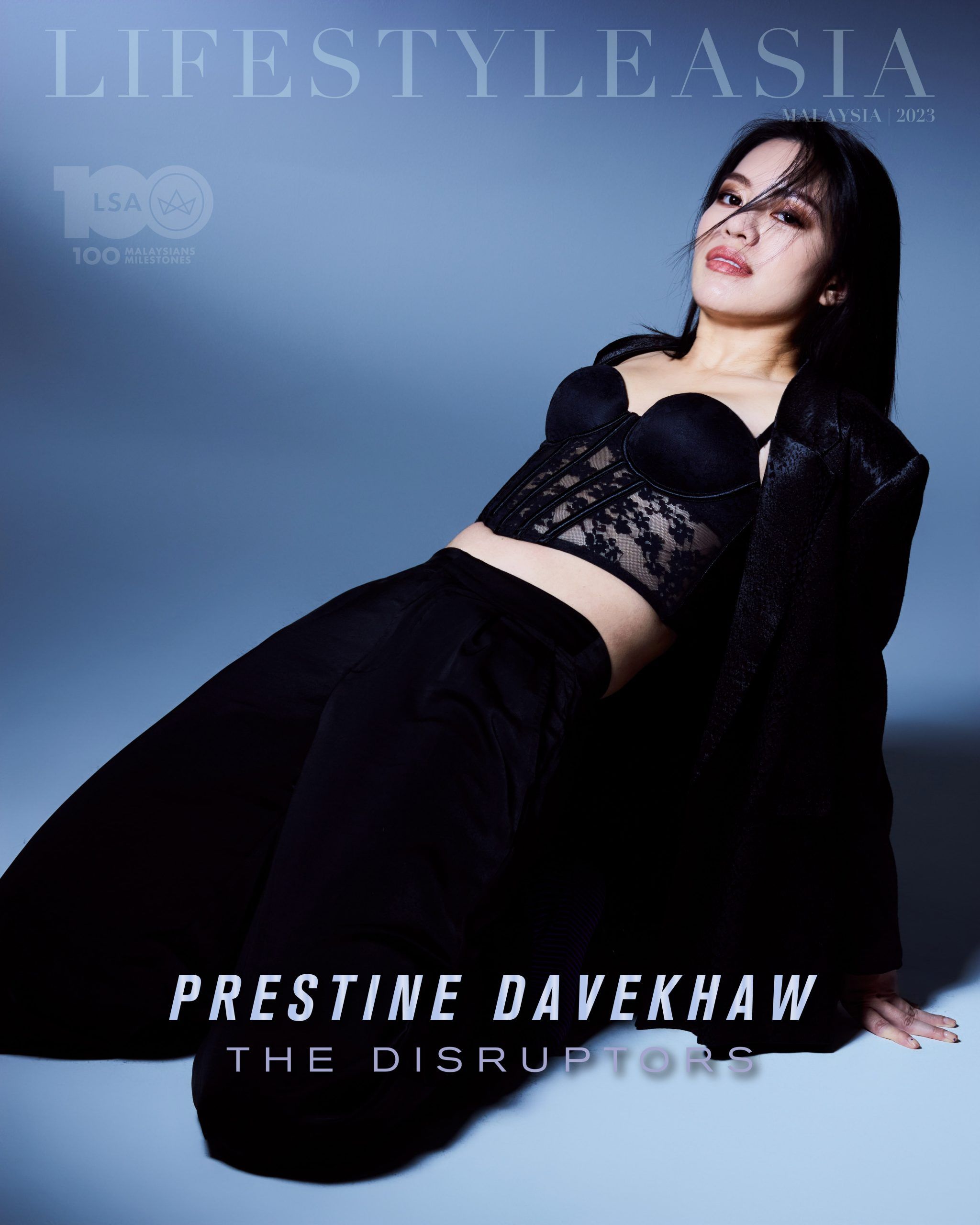
LSA100: 100 Malaysians, 100 Milestones
Lifestyle Asia KL introduces LSA 100, an annual list that recognises Malaysia’s most influential names and celebrates their talents, contributions, successes and milestones. As the bellwether of style, travel, design, entertainment, business, sports, and more, these 100 Malaysians represent the next generation of go-getters who are paving the way for sharing their know-hows with the world through the power of digital media. LSA100 comprises five categories namely The Rising Aces, The Trailblazers, The Disruptors, The Tastemakers and The Navigators. Find out more about LSA100 Class of 2023, HERE.


